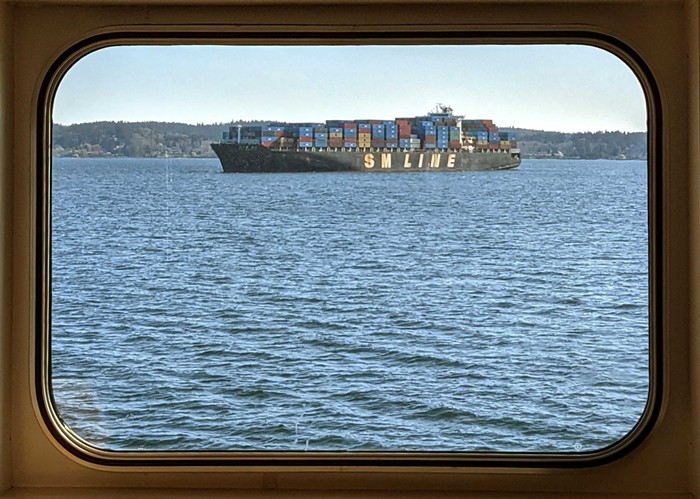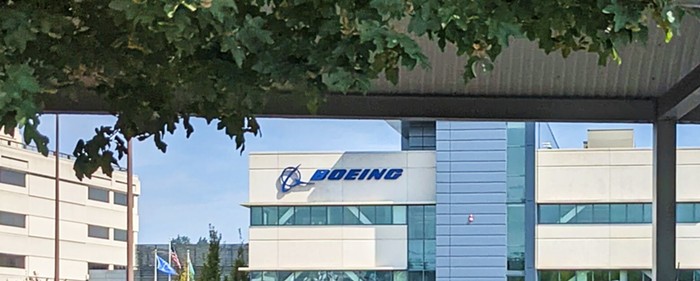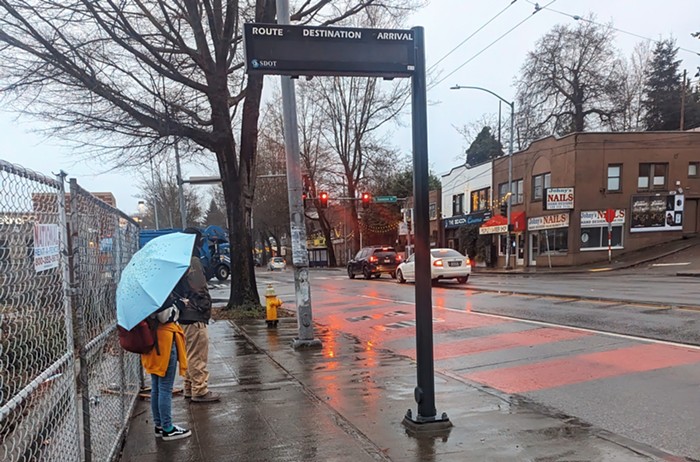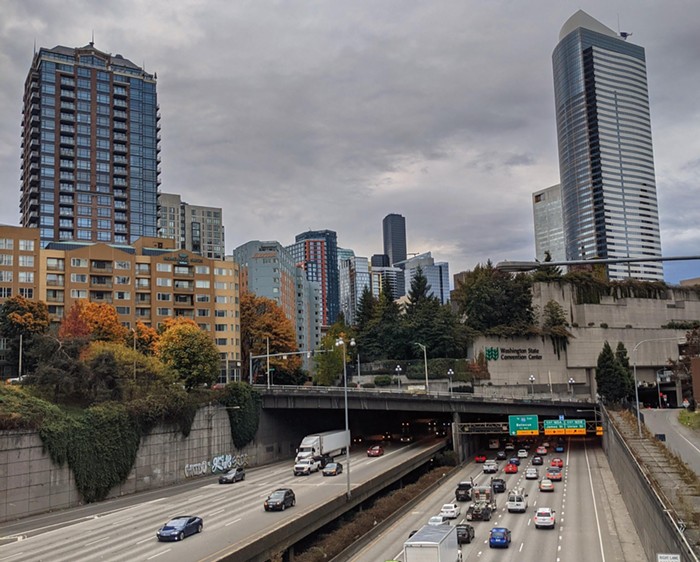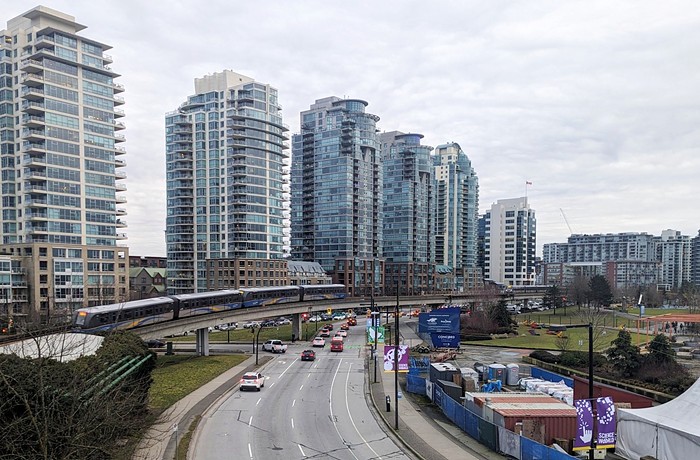
The Transit Riders Union (TRU), a five-year-old organization that focuses on one of the most important democratic institutions in Seattle, public transportation, is deeply concerned that the expansion of Link and Metro's service restructuring on March 26 will establish "a second-class transit system" in Seattle. Why? Because light rail does not accept the reduced fare bus tickets that 138 social service agencies around the city provide the young, those with low or no income, and the elderly.
True, ORCA LIFT (a reduced fare program) offers discounted passes to those who do not make a lot of money, and these cards can be used on Link. But as I pointed out before, these passes still cost around $50 a month, which is a lot of money for those with low-paying jobs or who are unemployed or who live on the streets. As a consequence, Metro, which accepts the deeply discounted tickets, is much more accessible to the very poor than Link.
"The impact of this situation is significant because the fast lines are on light rail," explained Beau Morton, the assisting secretary of the TRU. "The buses have circuitous routes and will be slower. And the traffic is getting worse... In fact, the 90 minutes you have reuse a ticket is not long enough. And reduced fare for ORCA cards is not low enough."
"The thing you have to understand," added Katie Wilson, the general secretary of the organization, "is the scope of the ticket problem. It's huge! Over a million tickets a year are distributed. But there is still never enough tickets. The county has a cap on how many tickets can be issued, and groups run out of them before the year is over."
Wilson and Morton did point out to me that Link had a reduced-fare program that used something similar to the bus tickets, but it was scrapped in 2012 because the system was seen as having many exploitable holes. A letter TRU received from Sound Transit on the matter revealed that it had no immediate plans to solve or address this problem. Things for now will function as they are: two increasingly class-based systems in one very rich city.
UPDATE:
I have been informed by Bruce Gray, the Public Information Officer for Sound Transit, that Link Light Rail does offer an "unlimited number of all-day Link passes to social service agencies for $1 each, an 85% discount off what would normally be a $6.50 ticket." However, I was also informed by Katie Wilson of the Transit Riders Union that, though these day passes exist (and have been in existence since 2009), "they're only good on Link Light Rail." Why does this matter? Because the agencies that distribute transit tickets prefer the ones for bus service due to Metro's wider network. Link might be fast, but Metro goes everywhere. And so, if the two systems are not linked by one ticket (as they once were), and the agency is operating on a tight budget (as is always the case), it will prefer to purchase tickets for the bus over the ones for the train. And according to Wilson, this is what in fact happens.

